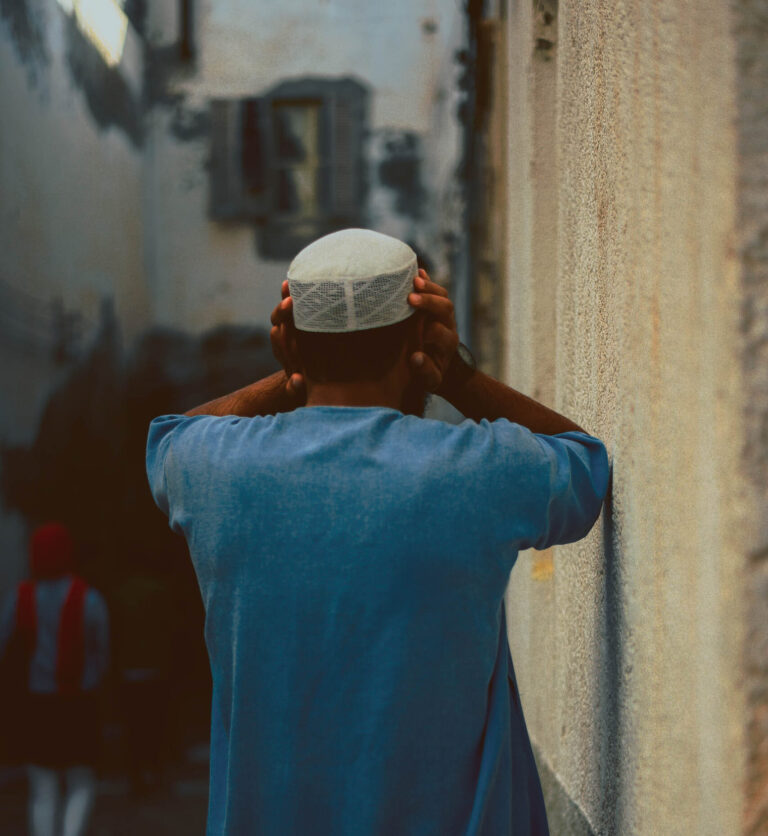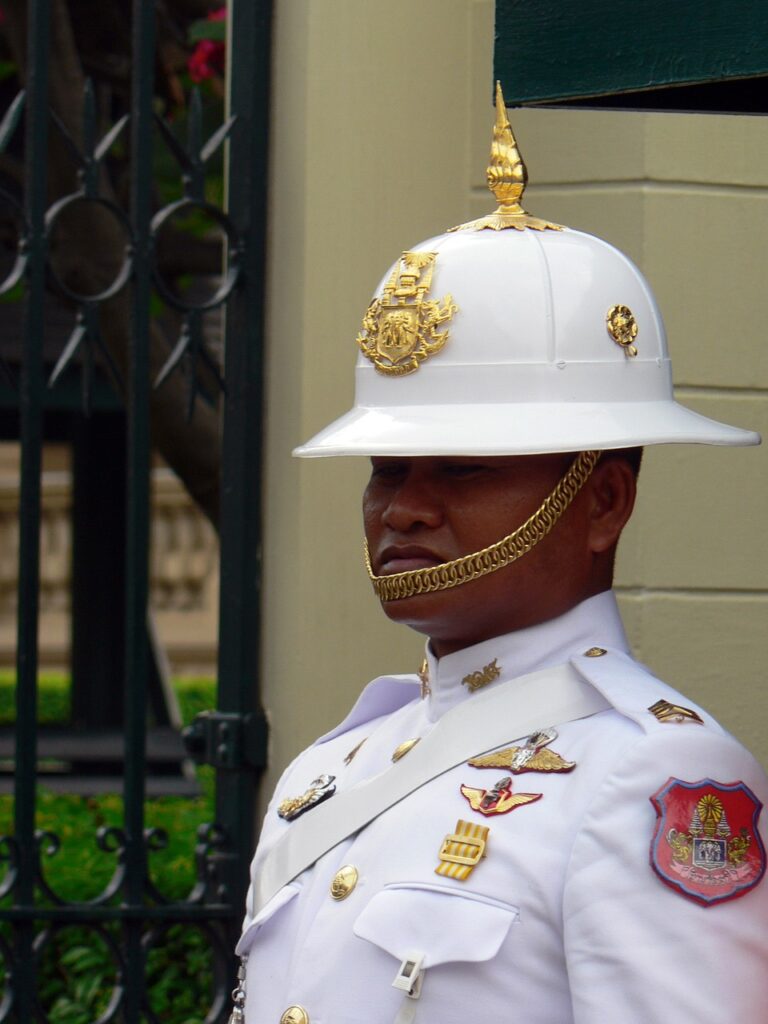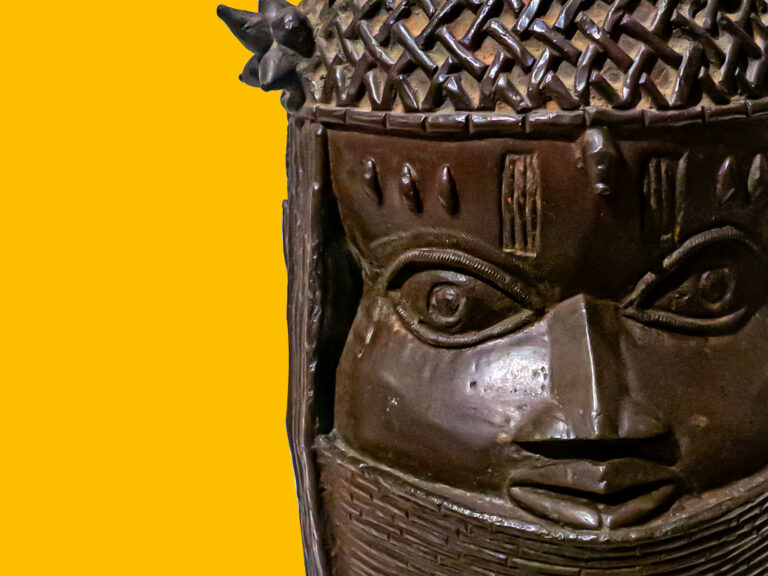Indonesia’s elite counterterrorism police unit, known as Densus 88, has conducted a nationwide crackdown, arresting at least 59 suspected militants in the lead-up to the country’s 2024 elections.
The arrests took place in eight provinces starting from October 2, with 27 suspects apprehended on Friday. According to Aswin Siregar, the spokesperson for Densus 88, those arrested are believed to have links to banned extremist groups and were allegedly planning to disrupt next year’s election, writes the AP.
Indonesia, as the world’s third-largest democracy and the most populous Muslim-majority nation, is preparing for simultaneous legislative and presidential elections on February 14. The country has a history of conducting free and largely peaceful elections since the downfall of dictator Suharto in 1998.
Siregar revealed that the arrested individuals conveyed to investigators during interrogations their intent to “attack security forces to thwart or disrupt next year’s election.” He emphasized that they aimed to establish a caliphate under Sharia law in a secular nation, which goes against the principles of democracy and elections.
During the operations, the police seized various weapons and equipment, including an assault rifle, magazines, ammunition rounds, a pistol, airsoft guns, and blades used in the group’s military-style training.
Among the arrested suspects, 19 are suspected to be members of Jemaah Islamiyah (JI), an al-Qaida-linked group known for past attacks, such as the 2002 Bali bombings that killed 202 people, mostly foreign tourists.
Approximately 40 others are believed to have connections with a homegrown militant outfit affiliated with the Islamic State, referred to as Jemaah Anshorut Daulah (JAD). Some of the individuals admitted to being part of an unstructured extremist cell.
JI was banned by an Indonesian court in 2008 and has faced significant weakening due to ongoing crackdowns on militants by the country’s counterterrorism police, with support from the United States and Australia.
JAD was banned by an Indonesian court in 2018 and listed as a terrorist group by the United States in 2017.
JAD was responsible for several deadly suicide bombings in Indonesia, including a series of suicide attacks in 2018 in Surabaya, the country’s second-largest city, where two families, including 9- and 12-year-old girls, carried out bombings at churches and a police station, resulting in 13 deaths.
Indonesia has been combating militancy since the 2002 Bali bombings carried out by JI. In recent times, attacks by militants targeting foreigners have been replaced by smaller, less lethal incidents, often directed at government institutions, police, anti-terrorism forces, and individuals considered infidels, inspired by Islamic State group attacks abroad.













